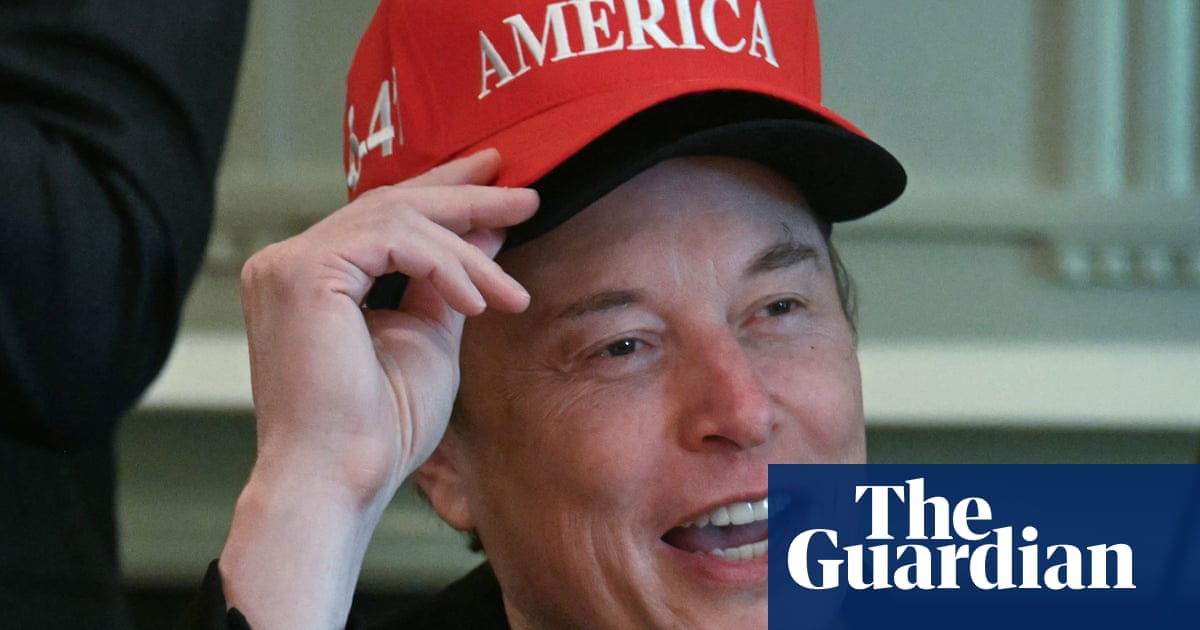Elon Musk has announced on social media that he is leaving his role in theTrump administration, a departure the White House confirmed was in process on Wednesday evening.
“As my scheduled time as a Special Government Employee comes to an end, I would like to thank President @realDonaldTrump for the opportunity to reduce wasteful spending,” Muskwrote on X, his social media platform.
“The DOGE mission will only strengthen over time as it becomes a way of life throughout the government.”
A White House official told Reuters it was accurate Musk is leaving the administration and his “off-boarding will begin tonight.”
Musk, the world’s richest person, has defended his role as an unelected official who was granted unprecedented authority by Trump to dismantle parts of the US government. His 130-day mandate as a special government employee in the Trump administration was set to expire around 30 May.
Both Musk and the administration has said DOGE’s efforts to restructure and shrink the federal government will continue.
Musk has beensignalling his departurefrom Washington, and his commitment to return his business ventures, all week. He sharply criticised Trump’s spending plan, and expressed frustration with the response to the efforts of his signature “department of government efficiency.”
“The federal bureaucracy situation is much worse than I realised,” Musk told the Washington Post on Tuesday. “I thought there were problems, but it sure is an uphill battle trying to improve things in DC, to say the least.”
He also told the Post that Doge had been turned into a “whipping boy” that was criticised for anything that went wrong in the Trump White House.
Trump and DOGE have managed to cut nearly 12%, or 260,000, of the 2.3 million-strong federal civilian workforce largely through threats of firings, buyouts and early retirement offers, a Reuters review of agency departures found.
Musk on Tuesday criticised the price tag of Republicans’ tax and budget legislation making its way through Congress.
“I was disappointed to see the massive spending bill, frankly, which increases the budget deficit, not just decreases it, and undermines the work that the DOGE team is doing,” Musk told CBS News.
Musk’s political activities have drawn protests and some investors have called for Musk to leave his work as Trump’s adviser and manage Tesla more closely.
Reuters and Nick Robbins-Early contributed reporting
